Economic and Epidemiological Impact
Analysed in just a few gobbets for time-starved, over-solicited decision-makers
Globally, COVID-19 continues to gather pace. It is ebbing in countries that were hit hard at the beginning of the pandemic (like Italy), but the global number of new cases is growing faster than ever with more than 200,000 officially reported each day on average. The continent of Africa just passed the threshold of 1 million official cases, while in Brazil and India there are respectively 3 and 2 million confirmed cases.
- In the world’s poorest countries, the toughest stage of the pandemic lies ahead. The pandemic conflates with other risks, thus compounding economic, social, political, geopolitical, and even food security crises. In Africa, the pandemic is about to wreck the success of the countries that were doing well, like Ethiopia, Ghana, Rwanda, and Senegal.
- The best way to think about the pandemic and understand how it roams free is to use the metaphor of a forest fire. Forest fires often start abruptly and move quickly with the wind. It is essential to extinguish the first flames as soon as they emerge. When this is done, the risk of flare-ups remains high: as soon as firefighters drop their guard or become complacent, the fire can restart from the ashes with a vengeance.
- The recent and first outbreak in Vietnam, the resurgence of cases in Europe, renewed lockdowns in the Philippines, and Australia: these are all examples that give credence to the forest fire metaphor. Only New Zealand had so far succeeded (until yesterday with the first local cases in 102 days) in suppressing the virus and restoring normalcy by cutting itself off from the rest of the world. Auckland is now back in lockdown.
- With time, the psychological impact of the pandemic is becoming ever more apparent. In all countries where surveys and polls are conducted, people confess that COVID-19 is taking a toll on their mental health (in the US, more than half of the adult population). Manifestations range from a worsening of pre-existing conditions (for those with mental health issues) to the emergence of mild forms of depression (for those previously in good mental health). The long-term effects of this phenomenon remain unknown but are likely to be substantial, both in terms of public health and economically.
- In the autumn, economic, social, and political problems will flare-up in many countries around the world. They are likely to be most acute in countries that lack a proper social safety net. Among rich countries, the US stands alone: the coming conflation of (1) rising unemployment, (2) the rising number of people unable to pay their bills, and (3) food insecurity combined with precarious health will cause a lot of misery. Some current factual evidence to corroborate this point: homelessness is swelling, and so is the demand for food pantries (up 60% compared to last year).
- In several countries, progress with a possible COVID vaccine is being made at an outstanding (if not troubling, like in Russia) speed, but building immunity could be a rather difficult and protracted process. Different polls show that “vaccine hesitancy” is common in many countries. In the US in particular, more than a third of the adult population states that it wouldn’t take a vaccine after FDA approval even if it were free. In the UK, a recent poll yielded the result that only 53% of a test group of citizens would be likely or certain to accept a vaccine.


